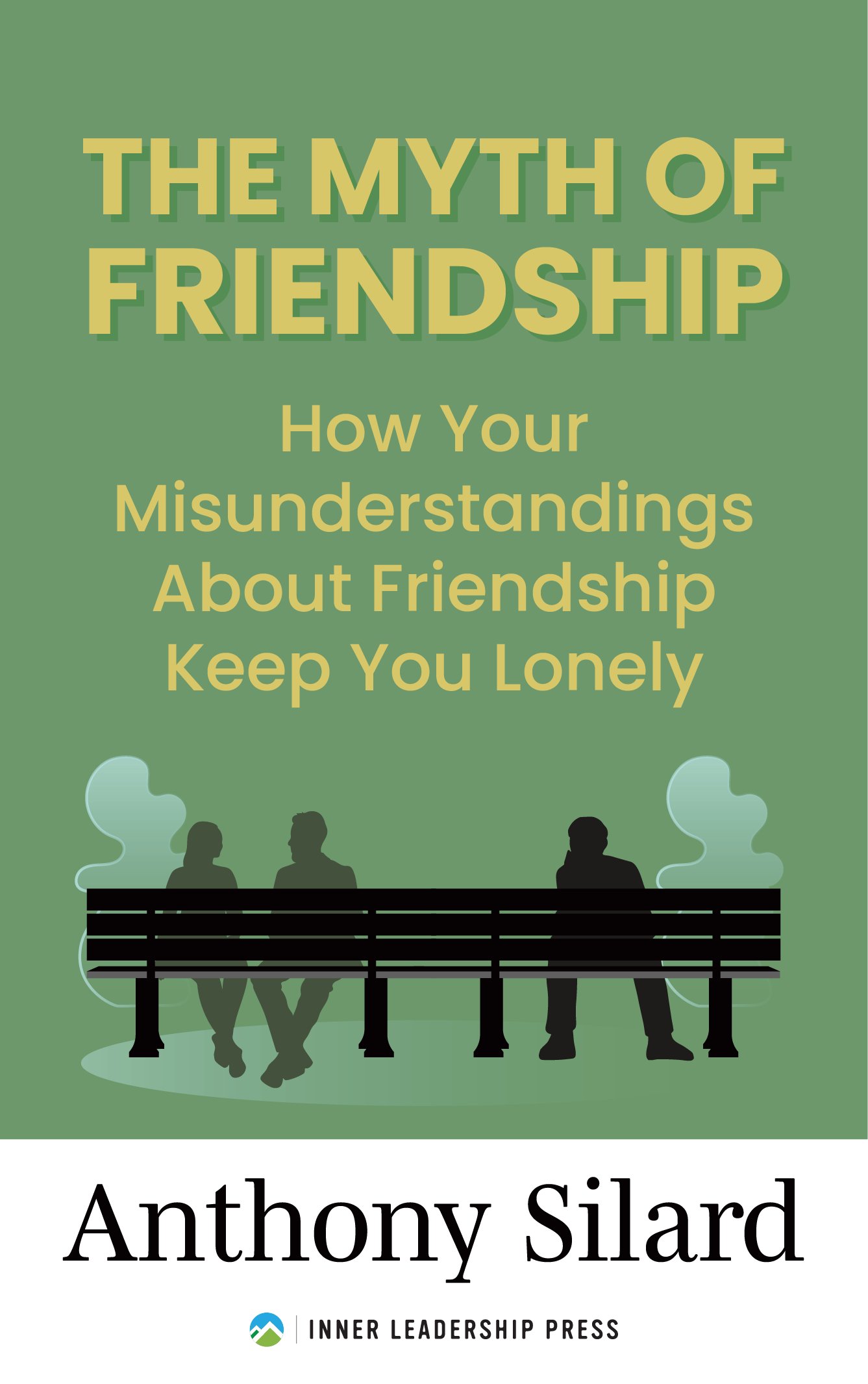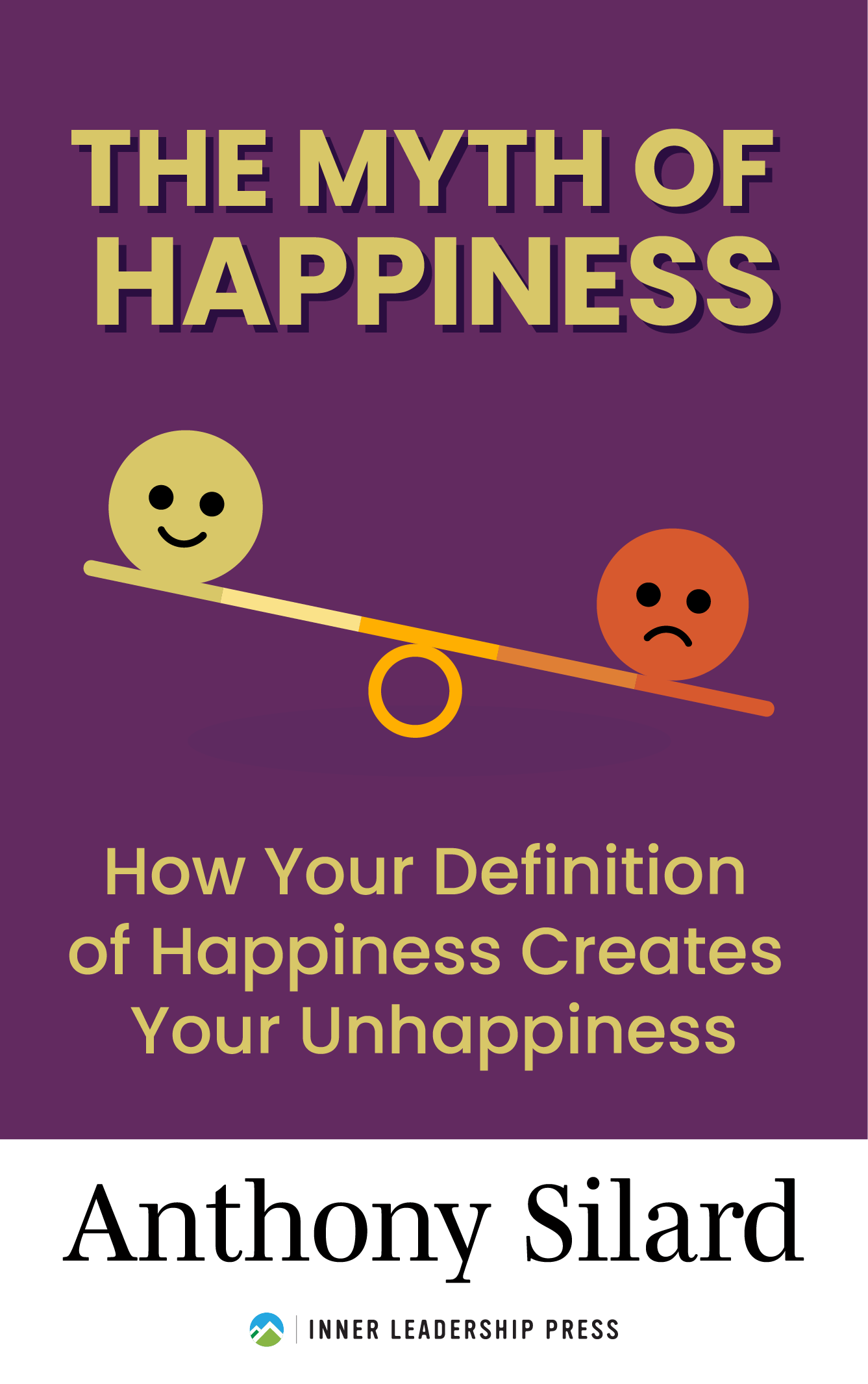Experiential Methodology
CSL’s philosophy of empowerment and facilitation can be summarized by the following quote from Anthony Silard, CSL’s Founder and President:
In any decision-making process, it’s the person or people who participate in making the decision who gain power from the process. For participants to get anything at all out of a workshop, they have to share their own expertise, make decisions with respect to what they want to learn, and engage each other in dialogue and other interactive exercises around issues they consider to be important. This is particularly important in the case of leaders, who don’t like to be led.
CSL has developed the leadership conference model using an experiential, participatory methodology. The primary goal is for the nonprofit directors to actively participate and share their expertise with other directors in order to distill Best Practices in the field which they can take back to their organizations after the conference. All skills and leaderships workshops facilitated by CSL and local affiliate consultants are participatory and include less than 50% presentation/lecture time and more than 50% time for experiential, interactive exercises including presentations, dialogue, Q&A, dramatizations, 1-on-1 interviews and group projects.
Note: In the United States, public benefit or social change organizations are referred to as nonprofit organizations. In most developing countries, the more common term is non-governmental organization (NGO). CSL will use the term ‘nonprofit organization’ in this website to refer to either a nonprofit organization or an NGO. For international conferences, we will use the term NGO.
Note: CSL hires and trains local consultants in its experiential methodology from the city/country in which the conference is taking place to facilitate some of its nonprofit skill-building workshops.
Contact CSL if you are interested in setting up a Transform – Certificate of Executive Nonprofit Leadership for nonprofits in your region, focus area or funding area.





